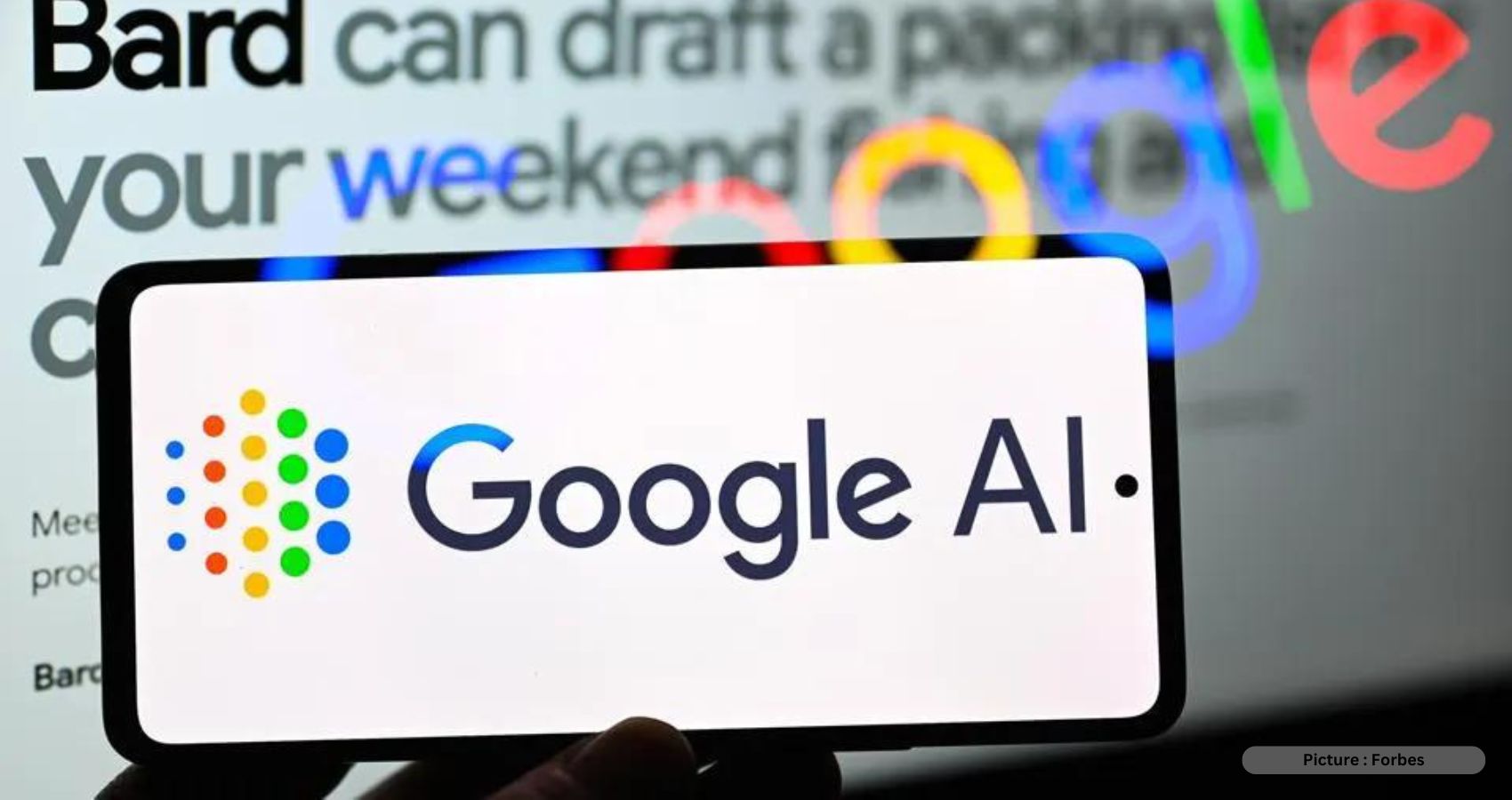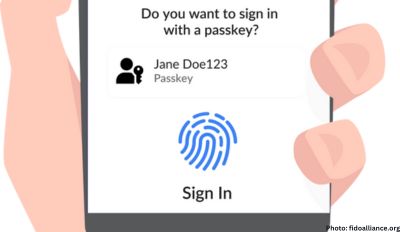As an early innovator in artificial intelligence, Google has been striving to keep up with competitors like Microsoft and OpenAI, who have gained ground with advancements such as ChatGPT. Recognizing the need for individuals to develop skills for future job opportunities, Google is taking action to address this pressing issue.
The tech giant has officially introduced its new generative AI learning path, consisting of ten courses aimed at helping the average person gain a deeper understanding of AI and machine learning, particularly as these technologies begin to replace jobs. For investors, it’s always encouraging when prominent Big Tech companies adopt a long-term vision regarding AI.
Google’s new generative AI learning course was announced through a blog post, revealing that seven free courses were initially launched, with three more added to the platform recently. These courses cover topics such as the distinction between AI and machine learning, an introduction to Google’s Vertex AI training platform, and the ethical considerations surrounding responsible AI development.
The course serves as a starting point for users to grasp generative AI, its role within the broader AI landscape, and where to find additional learning resources to help them transition into AI-centric careers. Some may argue that this initiative is merely a strategy to attract potential AI enthusiasts to Google’s training system, ultimately leading them to use Google software for building their own AI and machine learning models and solidifying Google’s position in the AI race.
However, creating AI models requires expertise. The US Bureau of Labor Statistics has projected a 36% growth rate in data scientist roles over the next decade. As such, these new courses are not only practical but also crucial for companies like Google, which will undoubtedly require a vast number of AI-focused data scientists in the future.
AI’s impact on the future of work has generated excitement, with major companies like Microsoft, Amazon, and Nvidia investing billions in AI technologies. However, there is a pressing concern: the potential job losses resulting from AI automation. A recent Goldman Sachs survey estimates that up to 300 million jobs could be lost, with two-thirds of existing roles experiencing a reduction in workload due to AI. On the bright side, AI is expected to contribute $7 trillion to the global economy in the next decade, and 60% of today’s jobs didn’t exist in 1940.
A more optimistic Microsoft survey involving 30,000 workers and business leaders worldwide revealed that 70% of respondents would delegate specific tasks to AI. Business leaders were twice as focused on using AI to boost productivity rather than reducing headcount. Nevertheless, companies like IBM and BT are planning to cut thousands of jobs in favor of AI.
Google’s recent AI initiatives go beyond new courses. The company launched the Google for Startups Growth program in Europe, a three-month course for European AI entrepreneurs focusing on health and wellbeing. Since OpenAI’s ChatGPT debut, Google has been working on its own Bard version for users. The tech giant also announced significant changes to its search function, where it holds approximately 85% market share.
Google, Meta, and TikTok have faced criticism regarding AI-generated content labeling after the European Commission warned about the rapid spread of misinformation. Additionally, AI safety has become a significant concern, as evidenced by Dr. Geoffrey Hinton, one of AI’s founding figures, leaving Google to raise awareness on the subject. Alphabet CEO Sundar Pichai addressed these concerns in a recent Financial Times op-ed, stating, “AI is too important not to regulate, and too important not to regulate well.”
Alphabet’s share price has increased nearly 17% in the past month and over 41% since the beginning of the year. Google’s cloud computing division experienced a 28% YoY revenue growth last quarter. By focusing on upskilling future data scientists and empowering entrepreneurs to develop AI companies, Google is considering the bigger picture, leveraging its dominant search engine market share.
In summary, Google aims to bridge the knowledge gap in AI with new courses and tools, helping the company find skilled engineers and scientists for future AI projects. The stock price outpacing Microsoft may indicate that Google has regained an advantage. These learning courses form part of a strategy that increases reliance on Google’s AI products, attracting investors’ attention as they recognize the shift.











